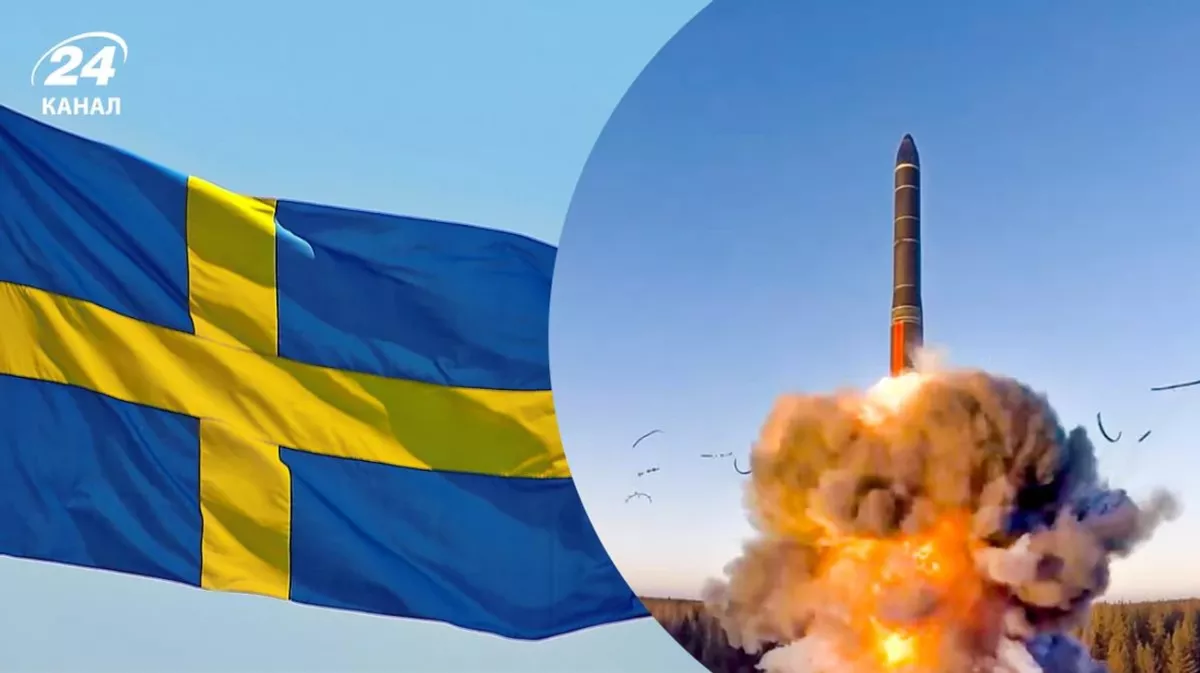Under the nuclear dome of doubt To be or not to be a nuclear Sweden?
A little more than a month has passed since reports in August that Japan and South Korea were contemplating the development of their own nuclear weapons. Now comes news that the same idea has ignited debate in a NATO member state. According to Britain’s The Times, a discussion is currently gaining traction in Sweden around the question: “Should an attempt be made to develop a national nuclear arsenal, either independently or jointly with new European NATO partners?” The paper also recalls that in 1956 and 1957, Swedish authorities secretly conducted tests at a military range in Lapland as part of preparations for a national nuclear weapons programme.
According to the newspaper, the discussion remains largely speculative at this stage, and there is no evidence that the government is seriously committed to developing nuclear warheads. Nevertheless, the debate has already reached the political sphere. For instance, Jimmie Åkesson, leader of the right-wing Sweden Democrats—whose support is crucial for the ruling coalition—stated that Sweden has long possessed extensive expertise in nuclear technology, but political will has dictated otherwise. In his view, “everything should be on the table in this situation.”
A few weeks later, Robert Dalsjö, a researcher at the Swedish Defence Research Agency, told a seminar: “Now we must discuss independent nuclear weapons with a Swedish component.”
A similar view was expressed by Member of the European Parliament Alice Teodorescu Mawe, who believes that Sweden should play its part in the broader European nuclear strategy.
To begin with, it is worth recalling that the Treaty on the Non-Proliferation of Nuclear Weapons (NPT) is the main international instrument aimed at preventing the spread of nuclear weapons, and Sweden is a participant. The Kingdom is not a nuclear-armed state and actively participates in non-proliferation and disarmament regimes. While Sweden is not a party to the Treaty on the Prohibition of Nuclear Weapons (TPNW), which calls for a complete ban on nuclear weapons, it is actively working to strengthen nuclear disarmament regimes.

To understand the factors that might prompt this Scandinavian country to reconsider its previous stance on nuclear disarmament, it is useful to look briefly at the historical background. According to open sources, the Swedish government recognised the potential importance of nuclear energy as early as the 1940s, partly driven by the Allies’ interest in Sweden’s uranium-bearing black shales. The onset of the Cold War and concerns about a possible attack from the USSR further intensified Sweden’s desire to possess its own nuclear weapons, although this ambition never came to practical fruition.
Currently, the renewed activity regarding the potential development of nuclear weapons seems to be linked to the U.S. position on security matters concerning NATO member states. Recall that Donald Trump, who came to power under the slogan “America First,” made it clear to alliance partners that the United States would take a rational approach to security issues. In particular, in a conversation with journalists in March of this year, he stated that the U.S. does not intend to defend NATO allies who do not spend enough on defence. Around the same time, NBC News, citing sources, reported that the American president was considering abandoning the obligation to protect alliance members in the event of an attack.
One can assume that Washington’s approach to NATO members gives Sweden reason to consider bolstering its own security, especially given the unstable geopolitical situation.
However, this dangerous trend — inevitably leading to a nuclear arms race — could have the most unpredictable and, quite possibly, tragic consequences for the entire world. Rafael Grossi, Director General of the IAEA, put it aptly: “I think what we are seeing in general is that there is an increase in nuclear armament as opposed to disarmament. So countries are improving and increasing their nuclear arsenals.”
“Think for a minute about a world where instead of a few, we would have 20 or 25 countries armed with nuclear weapons,” Grossi stressed. We believe that all states worldwide — including those that harbour dreams of acquiring their own nuclear cudgel — must and ought to heed these words.








